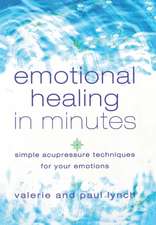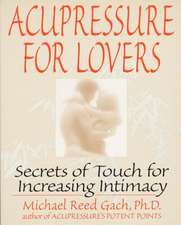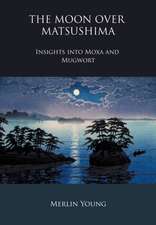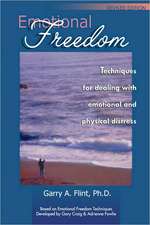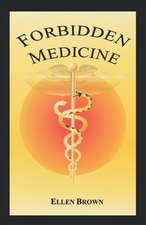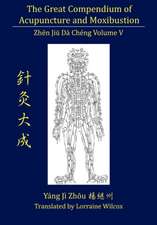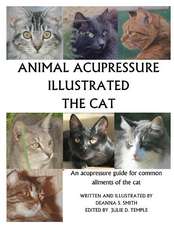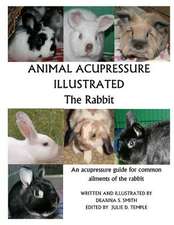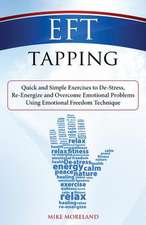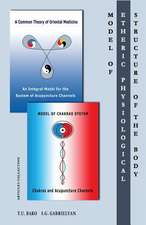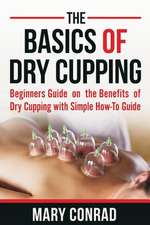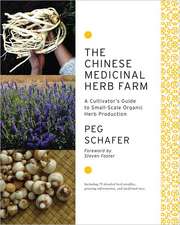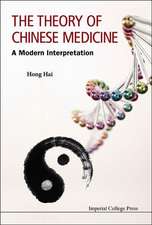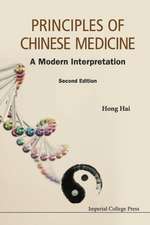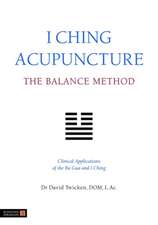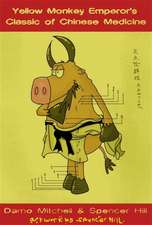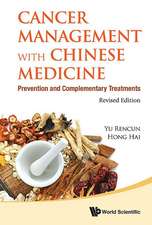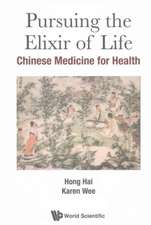Acupuncture: Theories and Evidence
Editat de Hai Hongen Limba Engleză Hardback – 6 mar 2013
Preț: 428.05 lei
Preț vechi: 503.59 lei
-15% Nou
Puncte Express: 642
Preț estimativ în valută:
81.91€ • 85.75$ • 67.77£
81.91€ • 85.75$ • 67.77£
Carte tipărită la comandă
Livrare economică 05-19 aprilie
Preluare comenzi: 021 569.72.76
Specificații
ISBN-13: 9789814452014
ISBN-10: 9814452017
Pagini: 200
Dimensiuni: 147 x 231 x 20 mm
Greutate: 0.48 kg
Editura: World Scientific Publishing Company
ISBN-10: 9814452017
Pagini: 200
Dimensiuni: 147 x 231 x 20 mm
Greutate: 0.48 kg
Editura: World Scientific Publishing Company
Cuprins
Scientific Explanations for Acupuncture: Mechanisms of Acupuncture in Pain: A Physiological Perspective in a Clinical Context (Thomas Lundeberg); Explanatory Nature, Models, Needs and Requirements for Testing Them (Stephen Birch); The Ontological Status of Meridians (Hong Hai); Modern Scientific Explanation of Traditional Acupuncture Theory (Ching-Liang Hsieh); Cognitive Neuroscience, Acupuncture and Pain Treatment. Does a Sting Always Hurt? (K Theodoratou); Clinical Trials and Placebo Effects: Frequent Weaknesses in Acupuncture Trials (Edzard Ernst); The Complexities Inherent in Placebo-Controlled Acupuncture Studies (Lixing Lao, Lizhen Wang and Ruixin Zhang); Research Methodology in Acupuncture (Tat-Leang Lee and Zhen Zheng); The Use of Placebos in Acupuncture Trials (Dylan Evans); Improving the Quality of Randomized Controlled Trials (RCTs) in Acupuncture (Zhaoxiang Bian, Chungwah Cheng, Linda Chan, Mandy Cheung, Min Li and Zhixiu Lin); Acupuncture Treatment for Addiction (Ping-Chung Leung, Ellie S Y Pang, Lang Zhang and Eliza L Y Wong); Dense Cranial Electroacupuncture Stimulation for Neuropsychiatric Disorders: Rationale and Clinical Application (Zhang-Jin Zhang and Sui-Cheung Man).

